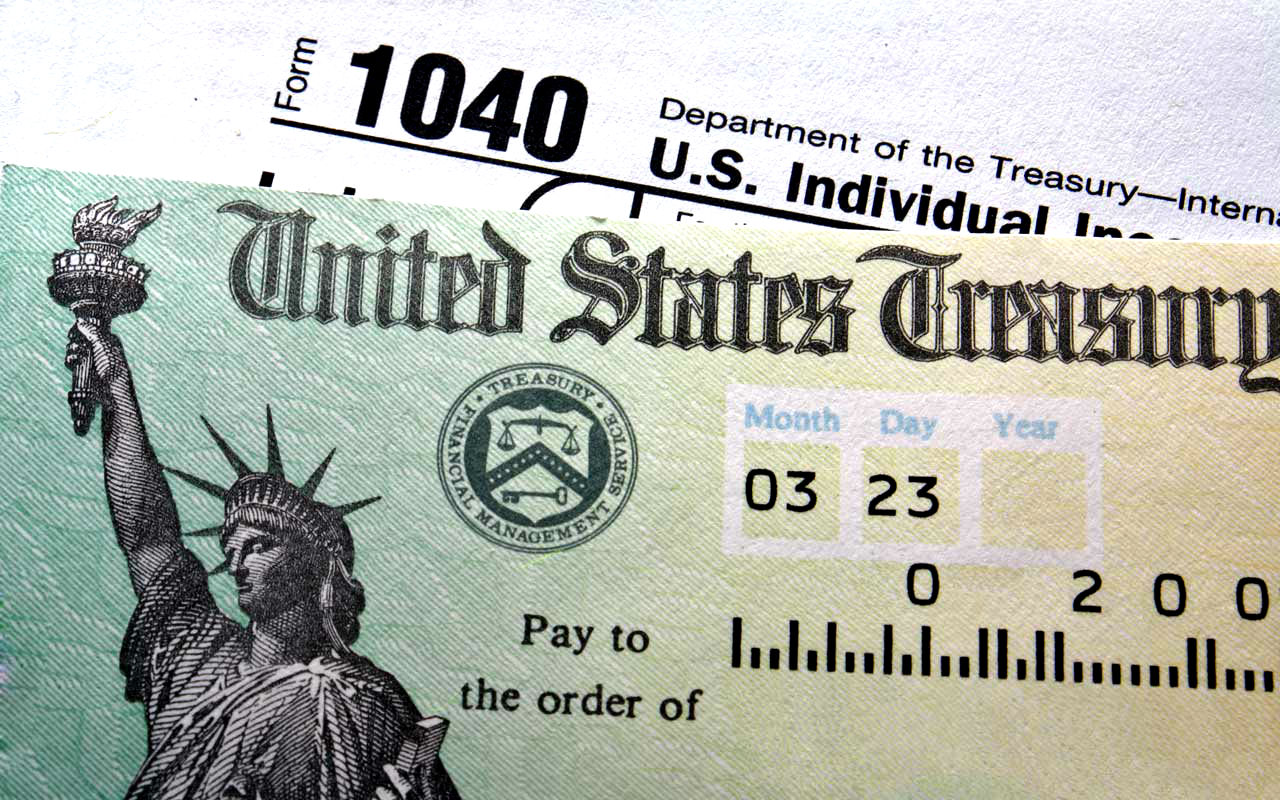 It’s still 2020 and there’s plenty of time before the next April 15 Tax Day, but the Internal Revenue Service (IRS) is encouraging taxpayers to take necessary actions now to facilitate a timely and accurate filing of federal tax returns in 2021.
It’s still 2020 and there’s plenty of time before the next April 15 Tax Day, but the Internal Revenue Service (IRS) is encouraging taxpayers to take necessary actions now to facilitate a timely and accurate filing of federal tax returns in 2021.
The IRS knows what a crazy year 2020 has been because of the pandemic, and it’s certainly been a part of that craziness due to changing tax deadlines and extensions. Its basic reason for urging taxpayers to move ahead now is that there are several changes in forms that many filers will have to address.
The agency says it may also help people discover potentially overlooked deductions or credits.
Changes to start preparing for
Unemployment, gig economy, or refund interest income: On top of the standard documents such as Forms W-2 from employers, Forms 1099 from banks and other payers, and records of virtual currencies, the IRS reminds taxpayers that “income” also includes unemployment income, refund interest, and any income from the gig economy. For example, this could include if an unemployed person started driving for Uber to try and keep their lives afloat during the COVID-19 intermission.
Miscellaneous Income form has changed: Also beginning in 2020, some individuals will receive Form 1099-NEC, Nonemployee Compensation, instead of Form 1099-MISC, Miscellaneous Income, if they performed certain services for and received payments from a business. The IRS suggests that anyone in that position refer to the Instructions for Form 1099-MISC — for miscellaneous income like from a rental property — and Form 1099-NEC to ensure they’re filing the appropriate form and are aware of this change.
The IRS also wants taxpayers who have received substantial amounts of non-wage income like self-employment income, investment income, taxable Social Security benefits, and, in some instances, pension and annuity income to consider making quarterly estimated tax payments. The last payment for 2020 is due on Jan. 15, 2021. Payment options can be found at IRS.gov/payments.
Stimulus check recipients: Taxpayers may also need Notice 1444, Economic Impact Payment (aka the stimulus check), which shows how much of a payment they received in 2020. The IRS says this particular amount is needed to calculate any Recovery Rebate Credit a taxpayer may be eligible for when they file their federal income tax return in 2021. Conversely, people who didn’t receive an Economic Impact Payment in 2020 may qualify for the Recovery Rebate Credit when they file their 2020 taxes in 2021.
Did you move during the pandemic? It may come as a surprise to those who hunkered down in their own homes since the coronavirus outbreak, but nearly 16 million people moved according to USPS data. Those taxpayers should update their records to avoid delays in tax return processing.
Double-check tax ID numbers: Taxpayers with an Individual Tax Identification Number (ITIN) should ensure it hasn’t expired before filing a tax return in 2021. For example, ITINs not used on a federal tax return at least once in the last three years will expire on Dec. 31, 2020. If the ITIN has expired, the IRS recommends taxpayers submit Form W-7, Application for IRS Individual Taxpayer Identification Number, now to renew it. Taxpayers who fail to renew ITINs before filing a tax return next year could face a delayed refund and may be ineligible for certain tax credits.
Consider having more tax withheld from paychecks: It’s not a mandatory requirement, but the IRS encourages everyone to do a “paycheck checkup” by using its Tax Withholding Estimator. This will help you make sure you have the right amount of tax withheld from your paycheck and, if not, you can adjust accordingly before 2020 ends.
Writes our content partner Consumer Affairs.
Become a Harlem Insider!
By submitting this form, you are consenting to receive marketing emails from: . You can revoke your consent to receive emails at any time by using the SafeUnsubscribe® link, found at the bottom of every email. Emails are serviced by Constant Contact








